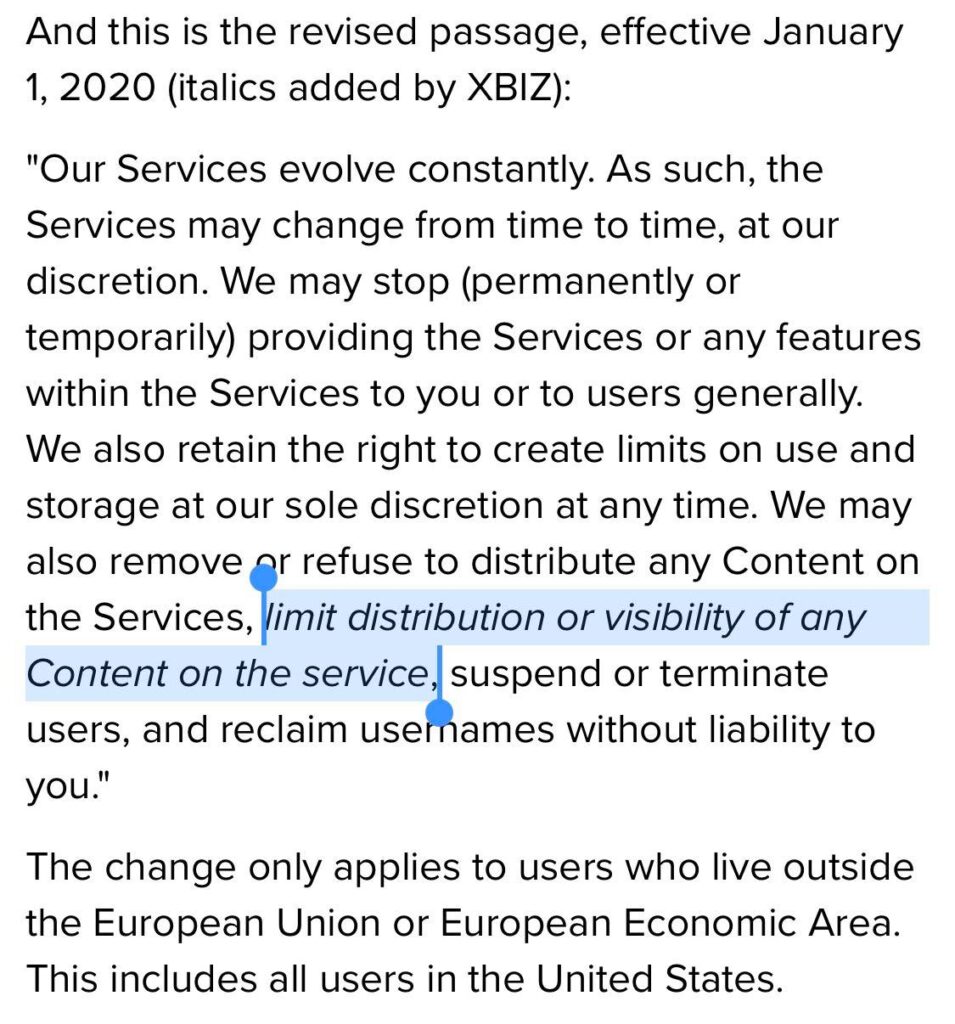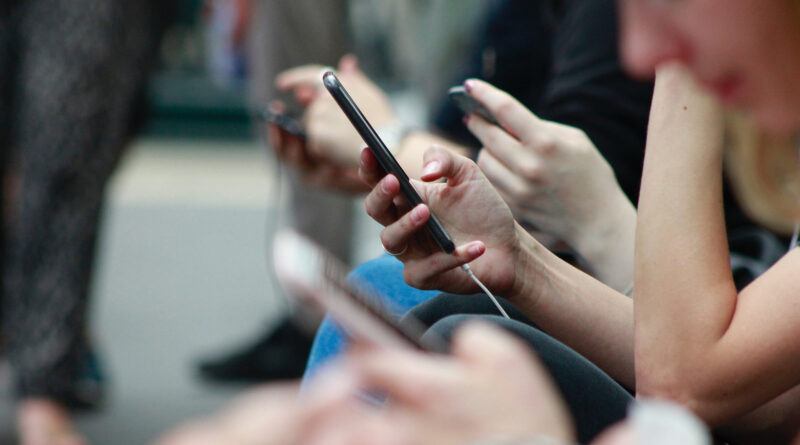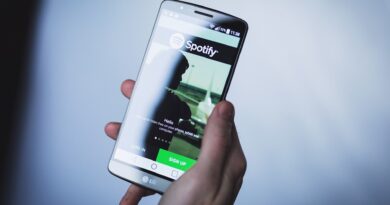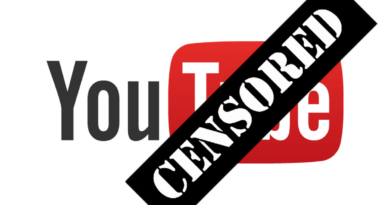The West’s social credit system is already in motion
While China’s social credit system is seen as a farfetched possibility for the West, big tech companies are already introducing facets of the creepy program
China’s controversial social credit system has received global attention in recent years, yet while such a system arriving in the Western world seems implausible, the reality is that Silicon Valley’s very own version is already being introduced across the digital landscape.
Citizens in China are being ranked according to their behaviour, whereby those who score lower have limited access to transport, hotels, good jobs and better schools among many other restrictions. Offences include criticism of the government, buying too much junk food and posting ‘fake news’ online.
The system resembles science fiction, too distant for some to even envisage let alone worry about it becoming reality in Europe or North America.
Grossly overlooked, however, is that tech companies, particularly stemming from Silicon Valley, are already implementing measures of their own which resemble traits of what is being seen in China.
Political censorship is not exclusive to China. A Facebook whistleblower revealed that the company has a tendency to ‘deboost’ content of journalists based on their political affiliation.
The insider also revealed that the company would block people for “things that aren’t actually hate speech but that might offend somebody. Anything that is perceived as hateful but no court would define it as hate speech”.
Also right out of China’s playbook, Facebook has begun rating users on how ‘trustworthy’ they are. Users are prompted to flag ‘fake news’ and if the fact-checking team then deems indeed to be fake.
However, it must be noted that Facebook’s ‘impartial’ fact-checkers include the Atlantic Council, a pro-war think-tank with oil tycoons and media moguls among its sponsors and former CIA directors and US presidents on its board.
Twitter has long been implementing the practice of ‘shadowbanning’, the process by which the platform reduces the visibility of a user’s tweets according to their own choosing, without the user having any idea that it is happening.
Although this used to be denied by the company, its January 2020 policy update specifically mentions that it maintains the right to “limit distribution or visibility of any content on the service”.

AirBnB
An industry leader in accommodation, AirBnB now boasts over six million listings, becoming synonymous with alternative lodging in a little over a decade.
Unsettlingly, however, the platform is now able to block any user it feels like without providing an explanation, largely based on the complaints of a host.
“This decision is irreversible and will affect any duplicated or future accounts. Please understand that we are not obligated to provide an explanation for the action taken against your account,” a company statement read.
Uber
Similarly, Uber is dominating the ridesharing boom, with a 65 percent market share in North America and 91 million monthly active users worldwide.
Business Insider revealed in 2014 that Uber would start considering the dismissal of drivers who fell below a 4.6 out of 5 stars on its rating system and, now, it’s not only drivers who are graded.
Drivers now rate customers and, should someone’s grade fall to “significantly below average”, Uber will ban them from the service, according to a policy announced in May 2019.
Uber’s banning becomes more alarming due to the company being at the forefront of the self-driving car industry, whose vehicles will come into the market when 5G is rolled out, which will eventually drive today’s human-driven cars out of the market.
New York’s Department of Financial Services
New guidelines released by the New York’s Department of Financial Services (NYFS) rule that it will allow life insurance companies to use data from customers’ social media posts to determine their premiums.
PatronScan
Bad behavior on a night out can now get people in the US banned from bars across the country thanks to a technology developed by PatronScan.
As well as merely checking the authenticity of IDs, the devices – which come in the form of kiosk, desktop and handheld systems – collect age, gender and date of birth as well as knowing which other bars you have attended.
If banned by a bar that uses PatronScan, it would also apply to any other venue that uses the technology, with a bouncer or bartender able to report wrongdoers on the device.
Amazon
British journalist James Bloodworth worked undercover in 2016 at an Amazon warehouse in the UK to do research for a book on low-paying jobs in Britain.
In that time, Bloodworth revealed that Amazon workers were forced to wear tracking devices which would monitor productivity, showing their exact location, time spent sitting down or even going to the toilet.
“You’re constantly tracked and rated,” Bloodworth stated.
“I found you couldn’t keep up with the productivity targets without running – yet you were also told you weren’t allowed to run, and if you did, you’d get a disciplinary.
“But if you fell behind in productivity, you’d get a disciplinary for that as well,” he said, before adding that it didn’t feel “that you were really treated as a human being”.
Conclusion
These behavioral standards enforced by numerous companies in a variety of industries have effectively brought about a beta version of China’s social credit score system in the West, but will only become more intrusive.
Our participation is seen as a form of consent by these companies, which are laying the foundations for what could become a seamless transition to the implementation of an even more stringent and vast points-based system that affects our daily lives.




